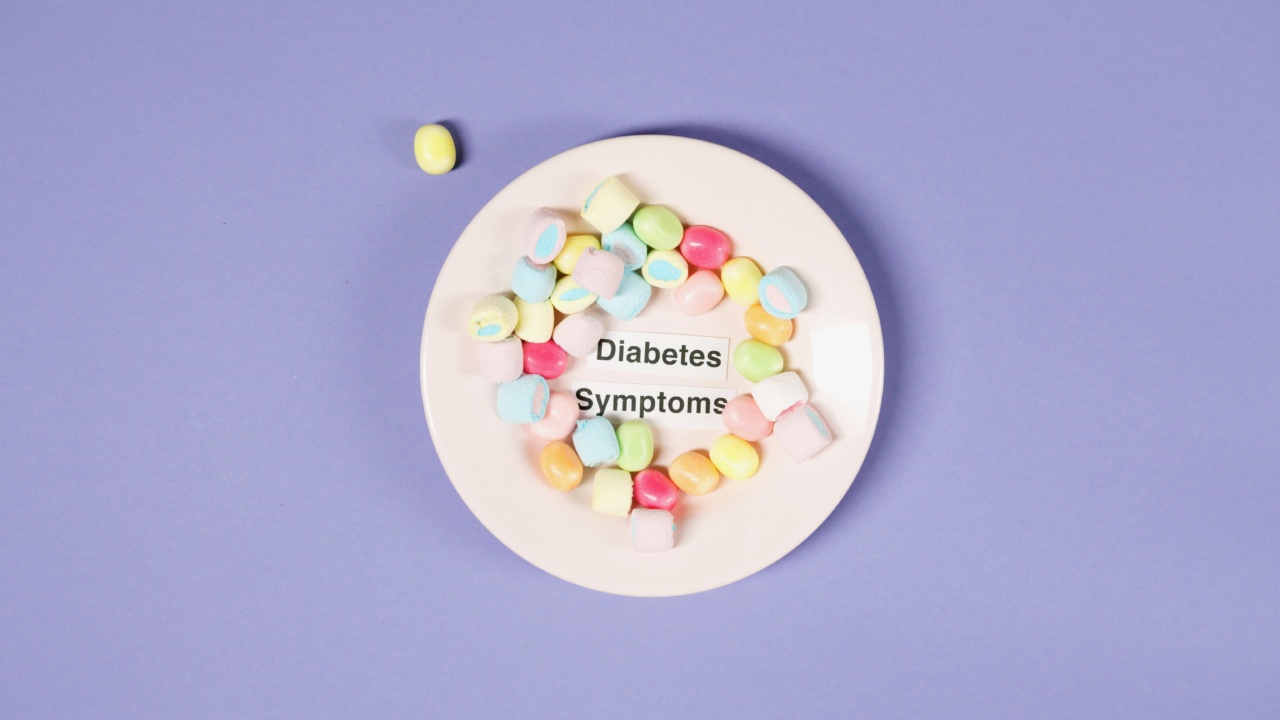Headache is one of the most common health complaints people experience on a daily basis. It can be caused by several factors like stress, lack of sleep, dehydration, and consumption of certain foods.
If you experience frequent headaches, then avoiding the trigger foods can help alleviate the symptoms and prevent future occurrences. In this article, we will discuss the foods to avoid and the ones to consume to alleviate headache symptoms.
Foods to Avoid
There are several foods and drinks that can trigger headaches in people prone to them. Below are the foods to avoid if you experience frequent headaches:.
1. Processed Foods
Processed foods are notorious for containing additives like nitrates, monosodium glutamate (MSG), and artificial sweeteners like aspartame. These additives can trigger headaches, especially migraines, in susceptible individuals.
It’s best to stay away from most processed foods and opt for whole and natural foods instead.
2. Caffeine
Caffeine can be both a cause and a remedy for headaches. While moderate caffeine intake may help alleviate headache symptoms, excessive caffeine consumption can trigger headaches.
If you’re a caffeine lover, then it’s best not to overdo it with coffee, tea, and energy drinks.
3. Alcohol
Alcohol is known to trigger headaches, especially migraines, in some individuals. Red wine, in particular, contains compounds that dilate the blood vessels and can lead to headaches.
If you tend to get headaches after drinking alcohol, then it’s best to avoid it or limit your consumption.
4. Aged Cheese
Some aged cheeses like blue cheese, cheddar, and feta contain tyramine, an amino acid that can trigger headaches in susceptible individuals. If you’re prone to migraines, then it’s best to avoid aged cheeses or consume them in moderation.
5. Citrus Fruits
Citrus fruits like oranges, grapefruits, and lemons contain high amounts of citric acid, which can trigger headaches in certain people.
If you experience headaches after consuming citrus fruits, then it’s best to avoid them or consume them in moderation.
Foods to Consume
Now that we’ve discussed the foods to avoid let’s take a look at the foods that can help alleviate headache symptoms:.
1. Magnesium-rich Foods
Magnesium is a mineral that helps relax blood vessels and can reduce the severity and frequency of migraines. Foods that are high in magnesium include almonds, cashews, spinach, and dark chocolate.
Incorporating these foods into your diet can help alleviate headache symptoms.
2. Ginger
Ginger has anti-inflammatory properties that can help reduce inflammation and relieve headache symptoms. It has also been shown to reduce nausea, which is a common symptom of migraines.
Drinking ginger tea or adding fresh ginger to your meals can help alleviate headache symptoms.
3. Water-rich Foods
Dehydration is a common cause of headaches, so it’s essential to stay hydrated throughout the day. Water-rich foods like cucumbers, watermelon, and strawberries can help keep you hydrated and alleviate headache symptoms.
4. Omega-3 Fatty Acids
Omega-3 fatty acids have anti-inflammatory properties that can help reduce inflammation and alleviate headache symptoms.
Foods that are high in omega-3 fatty acids include fatty fish like salmon, sardines, and herring, as well as flaxseeds and chia seeds.
5. Low-Glycemic Index Foods
Foods that have a low glycemic index can help regulate blood sugar levels and prevent blood sugar spikes, which can trigger headaches. Foods that have a low glycemic index include whole grains, vegetables, and legumes.
Conclusion
Headaches can be debilitating and affect your daily routine. Avoiding trigger foods and incorporating headache-alleviating foods into your diet can help reduce the severity and frequency of headaches.
It’s also important to stay hydrated, get enough sleep, and manage stress levels to prevent headache symptoms from occurring.






























